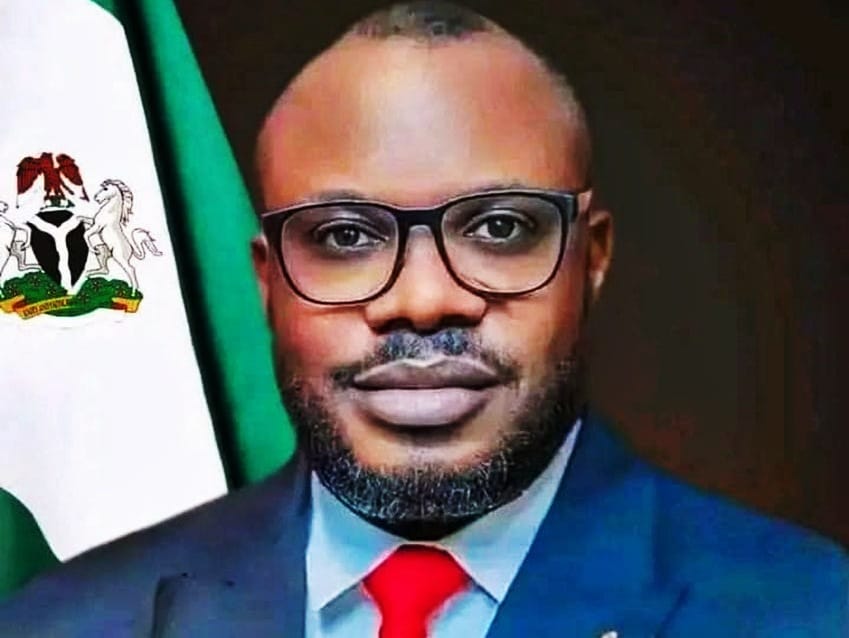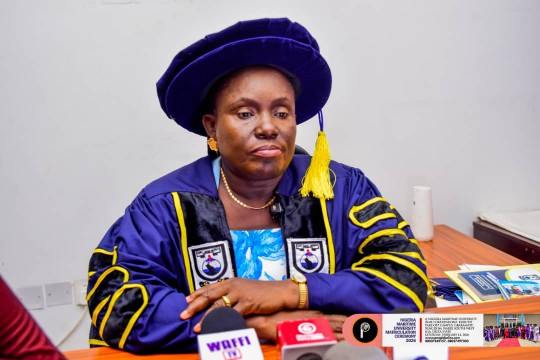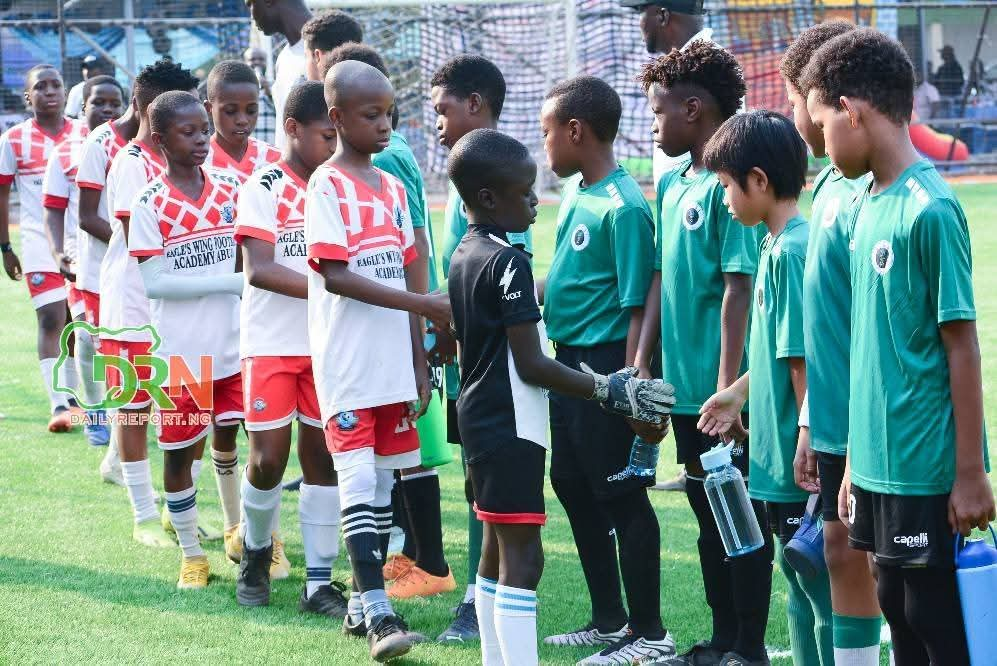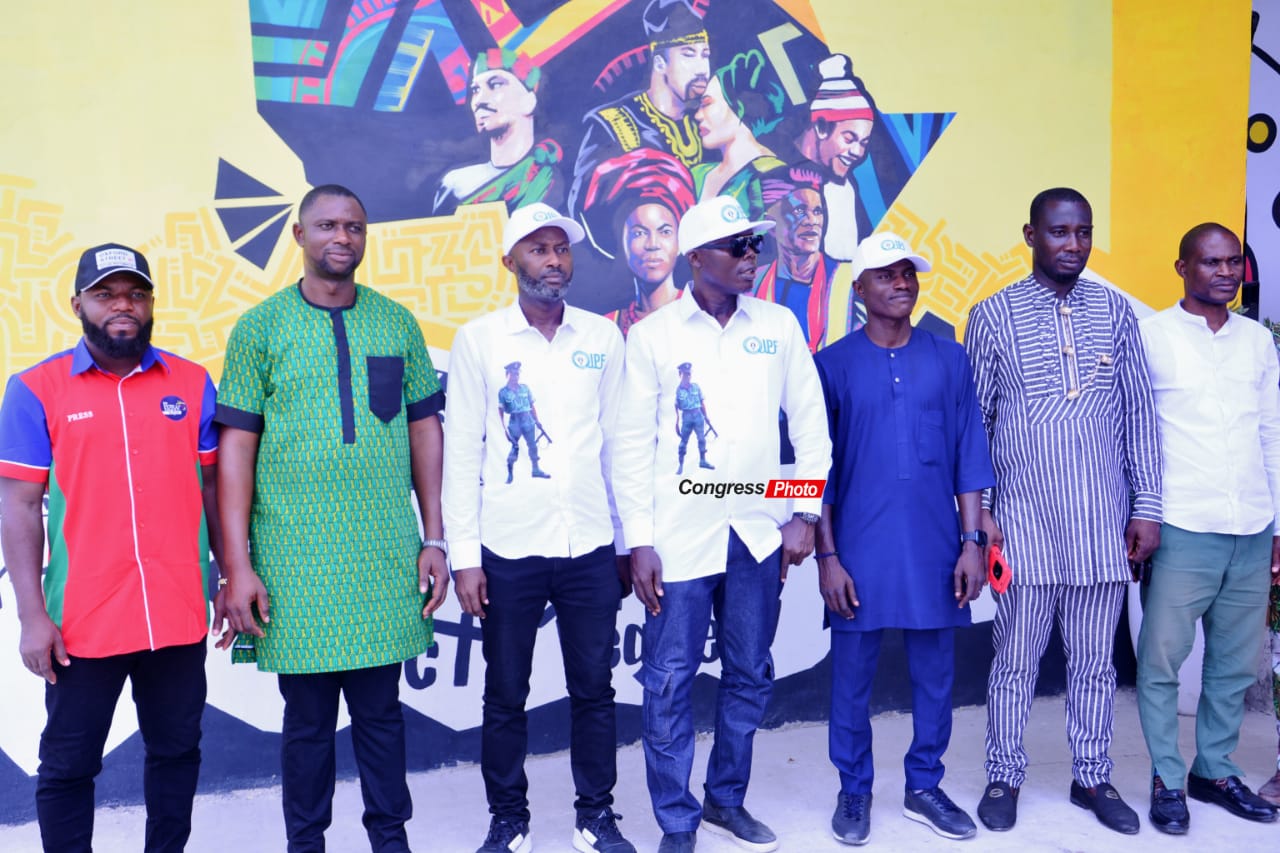[EXCLUSIVE] EDUCATION: Hope revives in Gbaramatu as Tompolo set to revamp schools' infrastructures | GYC tenders survey report
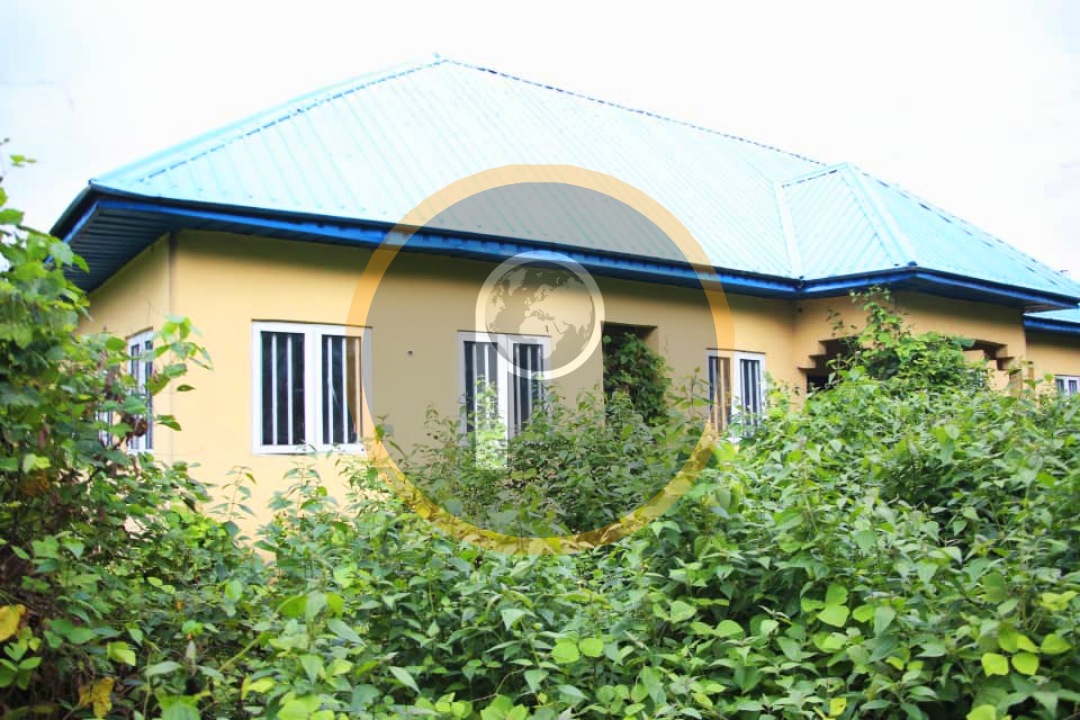
A survey of schools across Gbaramatu Kingdom in the Warri South-West Local Government Area of Delta State by the Mr. Kingsley Arerebo Egbejule-led Gbaramatu Youth Council, GYC, has once again brought to the fore the sorry state of kindergarten, primary and secondary schools in the oil-rich riverine kingdom, prompting a Niger Delta foremost leader, High Chief Dr. Government Ekpemupolo alias Tompolo, to intervene in his bid to improve learning.
According to an anonymous source, Tompolo's unannounced visit last week to the only boarding school in the Kingdom—the Kokodiagbene Model Secondary School in Kokodiagbene Community—irked the High Chief, particularly at the sight of the unoccupied multimillionaire hostel facilities that was built by the Delta State Government, but which have been overtaken by weeds.
Tompolo, in his usual magnanimous nature, promised to address the challenges of infrastructures facing schools across the kingdom as well as look into the welfare of teachers in his effort to boost the morales of parents and teachers alike.
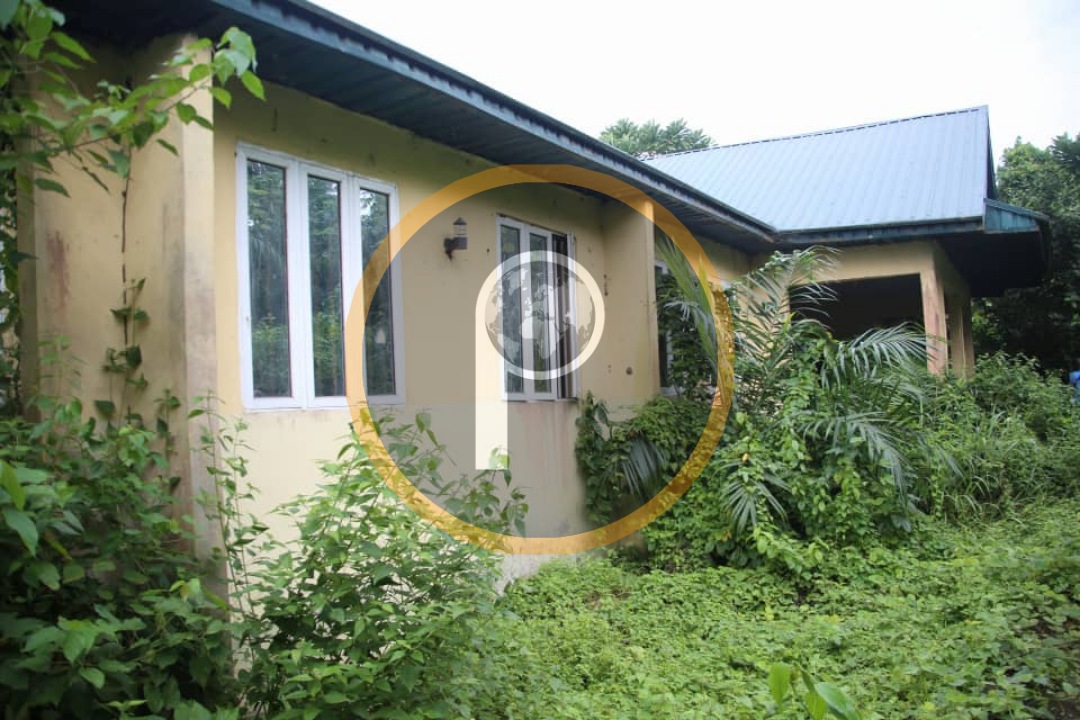
Meanwhile, a study of the survey report made available to PENGlobal Community by the GYC President, Mr. Arerebo Egbejule, which covers more than 20 schools, re-echoes the sad state of learning magnified by the state government and other stakeholders' neglect of the various schools of learning across the kingdom.
The schools covered by the survey and their communities are Fiyewei Kindergarten School, Fiyewei Primary School, Gbaraun Secondary School (Oporoza community); Okerenkoko Kindergarten School, Okerenkoko Primary School, Okerenkoko Secondary School (Okerenkoko Community); Benikrukru Kindergarten School, Benikrukru Primary School (Benikrukru Community); Ebiabu Primary School, Kokodiagbene Model Secondary School (Kokodiagbene Community); JeiJei Primary School (Kurutie community), Ogeh Primary School (Kunukunuma Community).
Others are Daugeregha Primary School (Igoba Community), Oweijubiri Primary School (Kantu Community), Kere Primary School (EGWA Community), Pepe-ama Primary School, Pepe-ama Primary School (Pepe-ama Community); Kenyangbene Primary School (Kenyagbene Community), Okpele Primary School (Tebujor Community), Ugborugbo Primary School (Opuede Community), Jaghala Primary School (Jaghala Community), Kumpa Primary School (Ubefan Community), and Opuedebubor Primary School (Opuedebubor Community).
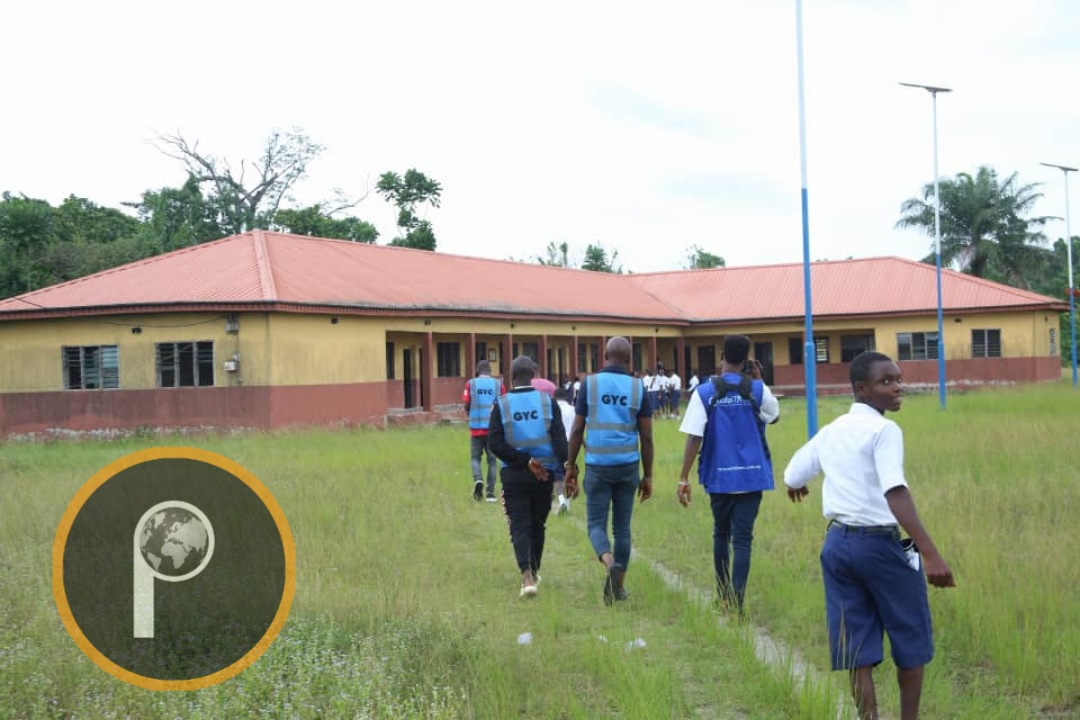
Asides the above, there are some major communities such as Azama and Inikorogha with no presence of a school, prompting the setting up of a teaching center situated in Azama to provide foundational learning for the two communities.
◼️Dilapidated school buildings and learning atmosphere
One of the major areas of concern raised in the survey by the GYC is the dilapidated nature of most schools' infrastructures across the kingdom. As identified by the GYC team, most of the schools require renovations to repair leaking roofs, broken windows, damaged roofs, among others. The lack of library, laboratory and an Information and Communications Technology (ICT) equipment, which would improve learning, are almost absent. Most schools lack electricity to make use of electronics and other devices for easy learning. In extension, there is the need for the erection of new buildings.
◼️Lack of Teaching Aids
Most of the schools (primary and secondary) either lack blackboards or damaged boards which need to be replaced. There is also the need for markers to be provided to teachers for use in magic boards as well as the provision of audio-visual aids for kindergarten (KG) pupils and learning materials such as children's tables, chairs, books, toys, school uniforms among others.
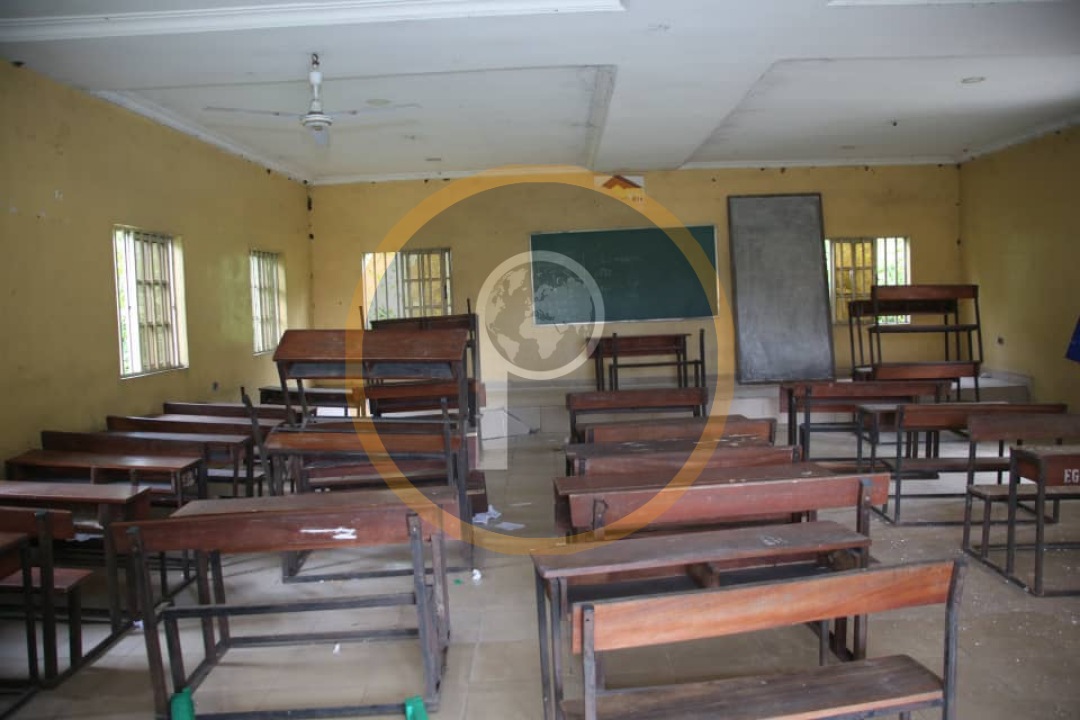
◼️Absenteeism/Inadequate Teachers
Asides infrastructures and learning aids, one crucial area of utmost concern is the lack of adequate teachers in the riverine schools which is negatively impacting learning. As noted by the GYC, there is lack of "teachers, especially on core science subjects such as Mathematics, Physics, Chemistry, Biology, Geography and other subjects such as English language and Literature in English" and "with the absence of professionals in the subjects mentioned above, the learning process is obviously impeded."
◼️Teachers' Welfare
An important area that is affecting teachers' turning up for duties in their places of primary assignment in the riverine area is poor welfare coupled with the high cost of water transportation. For accommodation, most of the schools lack a teachers' lodge and existing ones are inadequate coupled with the lack of water supply system. Also, "the high cost of transportation to and fro to resume duty, in addition to the meager salary, discourages teachers from coming around and also dampens the morale of the few available ones" the survey report stated, while suggesting that "a proper welfare package and transportation allowance should be made available to serve as a moral booster and attract the best available hands to the school."
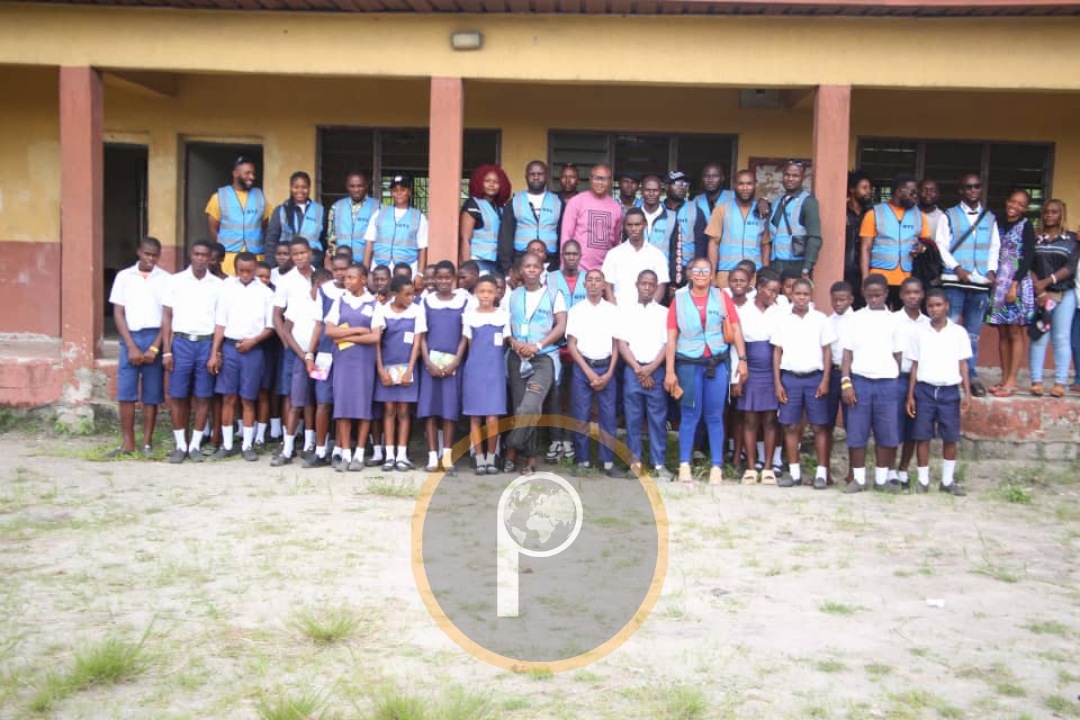
◼️Poor security over infrastructures
One of the challenges over learning infrastructures is the need for the communities to own up schools' infrastructures to avoid vandalisation. As suggested by the GYC, "The traditional council should address all community leaders and urge them to properly provide security for school properties and teachers" inorder to ensure learning assets are safeguarded.
◼️Uncompleted school projects
The GYC in its survey report also called for the completion of school projects in the kingdom. According to the GYC survey team, "Some of the government school buildings in the kingdom need to be completed. It is suggested that the kingdom and community leadership take responsibility by calling on individuals in government positions to take proactive steps to ensure the completion of those schools within a reasonable time frame." For communities that do not have any school presence, "It is recommended that the kingdom, political leaders, philanthropists, and supporters of education assist those communities by exploring ways to upgrade teaching centers into government-owned schools," the report stated.
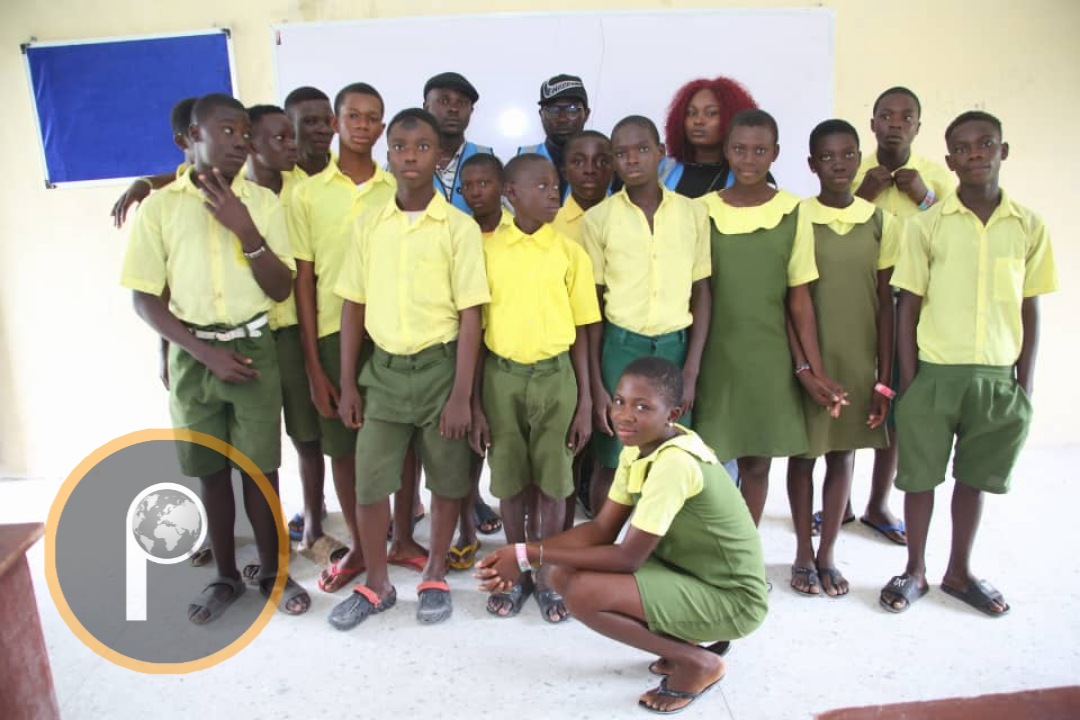
◼️Parents interference
Another challenge as noted by the GYC survey team is the behavior of some parents and their interference in their wards education. For instance, taking their wards for fishing during school hours should be discouraged. In addition, the youth body stated that "It is further recommended that communities ensure parents refrain from harassing teachers over disciplinary actions taken within the school. Any parent found engaging in such behavior should be sanctioned appropriately."
◼️Others
Other areas of concern is the low turnout of students in the various schools as most parents prefer to send their children to the urban areas even though such parents live in the kingdom. To solve this challenge the GYC recommended the setting up of an "Education Trust Fund for the sole purpose of promoting and supporting education in the kingdom" such as giving out scholarships to those students attending schools in the Kingdom, "especially those who perform excellently in their various classes." In addition, "The fund can also be used to sponsor those who finished their primary and secondary education in Gbaramatu Kingdom to the university level. This will encourage parents to bring their children back to school in Gbaramatu Kingdom," the report stated. The GYC survey team also called for support of the National Association of Gbaramatu Students (NAGS) free voluntary teaching programmes aimed at assisting teachers in the various schools across the Kingdom.
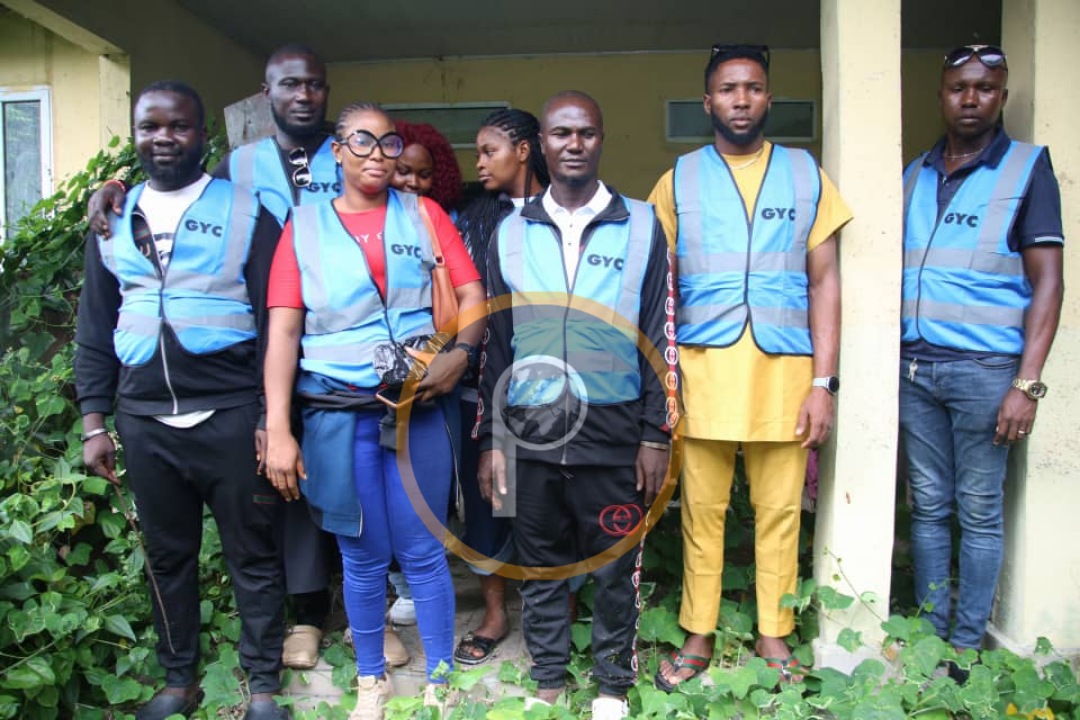
#penglobalcommunity #education #GYC #Gbaramatu #Delta
